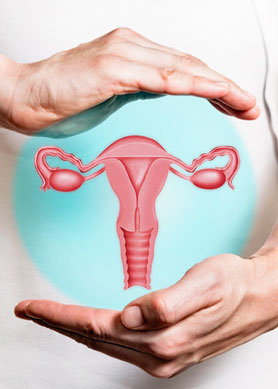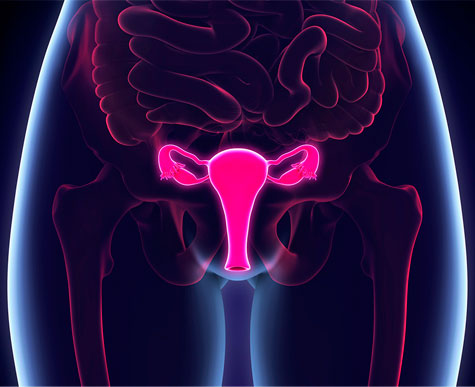
Fertility-Sparing Treatments For Gynecological Cancers
What does a fertility-sparing treatment for gynecologic cancer entail?
It is estimated that almost 10-20% of women with gynecologic cancer are still of reproductive age. Additionally, women in developed countries delay their childbearing age more and more every day. While the recommended treatment for any type of cancer in the reproductive organs is incompatible with future pregnancies, numerous advances and investigations have been carried out in recent years. Therefore, nowadays fertility-sparing treatment IS POSSIBLE in selected women.
To do this, we evaluate each case in particular, and take into account the following factors:
Fertility-sparing treatment in a woman with gynecologic cancer means preserving at least one of the ovaries and the uterus. The factors we also take into account to select the patients are:
However, a key factor to consider is the possibility of ensuring a strict follow-up after the treatment with the goal of early detection of a possible disease recurrence. The patient selection criteria are very strict, and we have to talk to the patient and her family members about the advantages and disadvantages of each procedure.
What type of gynecologic tumors can benefit from a fertility-sparing treatment?
Request an appointment with a gynecologist, specialized medical oncologist in Valencia.
Specialist in fertility preservation with a special area for women’s health issues unit with a unit set up with the gynecological oncology surgery team focused on fertility preservation based in Valencia, Spain.
Special attention to high-risk pregnancies and malformation diagnosis with natural fertility treatments.
GYNECOLOGY AND OBSTETRICS
Related searches for Women’s health and Fertility-sparing treatments:
Conservative treatment, Infertility, Fertility-sparing treatment, Teenagers, fertility preservation, fertility in women, fertility advice, fertility treatment in Spain, Preserving fertility in women, Preserving fertility, Women’s fertility specialist.
Request a Second Medical Opinion
Frequently Asked Questions about Fertility Conservative Treatment
Why preserve fertility?
Procedures related to maintaining fertility are used to help maintain a person’s ability to have children. A fertility preservation procedure is done before medical treatment that can cause sterility, such as radiation therapy or chemotherapy
Opinions from patients with Fertility-saparing treatment
Doctor Lucas Minig Specialist in Conservative Fertility Treatment in Valencia, Spain
Get to know in depth the reviews from our patients with Fertility sparing treatments who have passed through the hands of Doctor Lucas Minig expert in fertility-sparing treatments in Spain.
WE WORK FOR YOUR HEALTH

SPECIALIZED TREATMENTS

CONTROL AND DIAGNOSIS

MAXIMUM TECHNOLOGY

Contact the Specialist in Conservative Fertility Treatment
Leave us your data and consultation to offer you personalized medical advice
International Consultation
If you want remote medical care, you can consult
through the following links:
International Appointment
Online Consultation
Whatsapp: + 34 679 112 179









